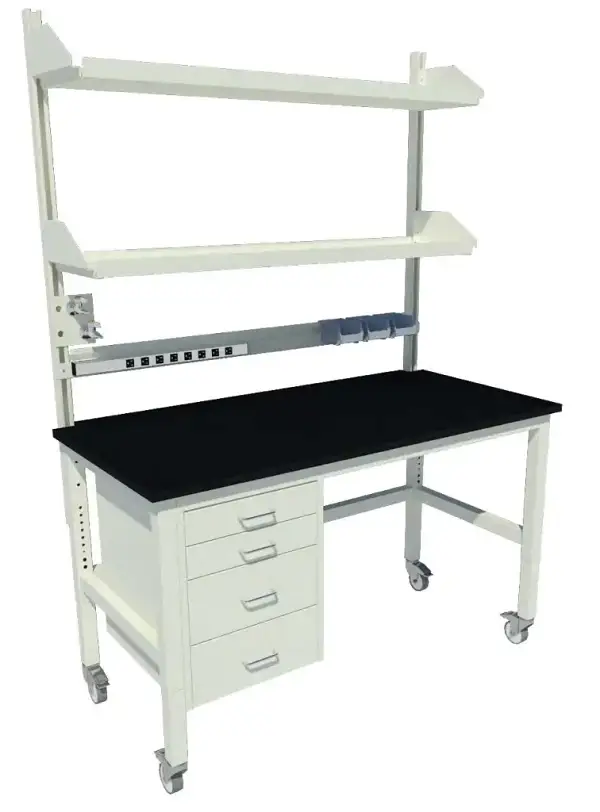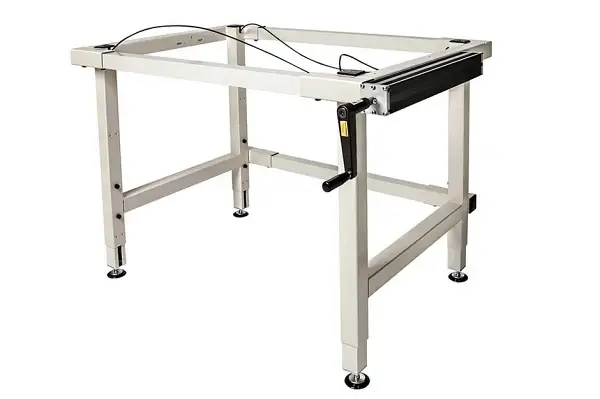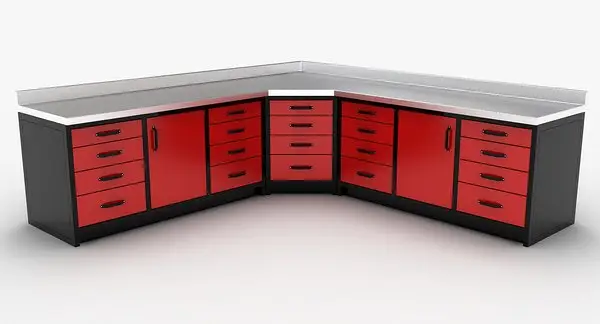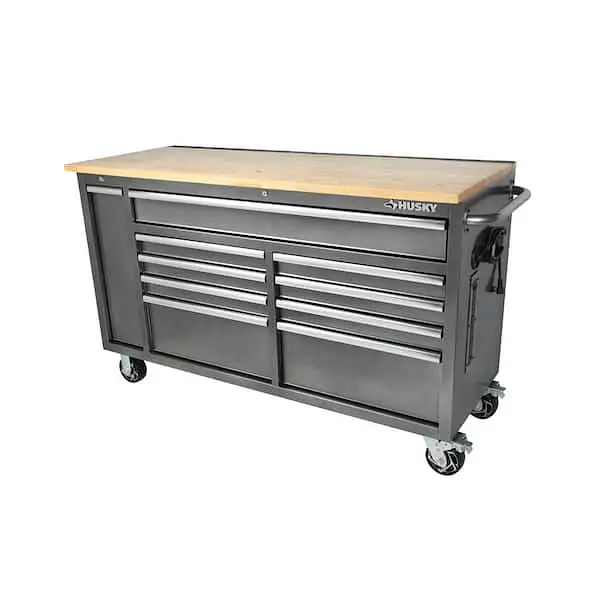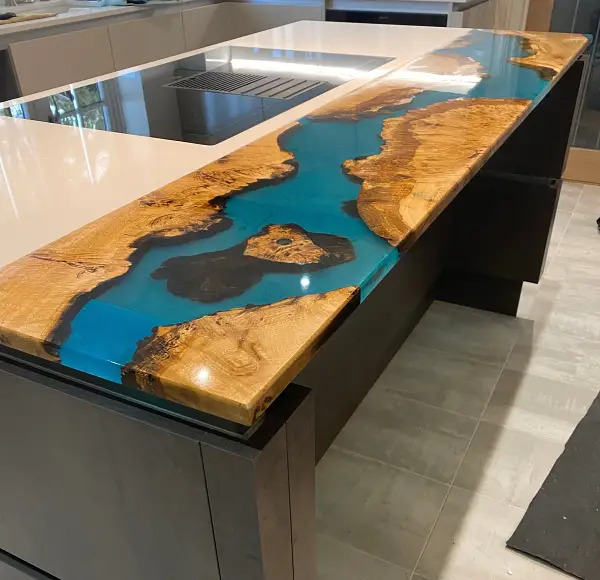In recent years, the laboratory furniture industry in the Middle East has been undergoing a significant transformation, driven by advancements in technology, a growing focus on sustainability, and a burgeoning demand for state-of-the-art research facilities.
As the region continues to invest heavily in education, healthcare, and research, the need for innovative lab furniture solutions has never been greater. In this article, we will explore some of the notable innovations reshaping the lab furniture landscape in the Middle East.
Ergonomic DesignOne of the most noticeable trends in lab furniture innovation is the emphasis on ergonomic design. Laboratories often require researchers and technicians to spend extended hours working at benches and desks. To enhance comfort and productivity while minimizing the risk of injuries, manufacturers are incorporating ergonomic principles into lab furniture. Height-adjustable workstations, flexible seating options, and adjustable shelving are becoming more prevalent, allowing users to customize their workspace to their specific needs.
Sustainable MaterialsSustainability has become a global priority, and the Middle East is no exception. Lab furniture manufacturers are increasingly using sustainable materials in their products. This includes sourcing wood from responsibly managed forests, using recycled materials, and creating furniture with a smaller environmental footprint. Sustainable lab furniture not only aligns with global sustainability goals but also appeals to environmentally conscious clients in the region.
Modular and Flexible SolutionsFlexibility is key in modern laboratories. Research needs can change rapidly, requiring adaptable workspaces. Lab furniture innovations are addressing this by offering modular solutions that can be easily reconfigured to accommodate different research projects. Modular lab benches, storage units, and lab island designs are gaining popularity for their ability to transform the lab environment quickly and efficiently.
Cleanroom FurnitureThe Middle East has a growing demand for cleanroom facilities, especially in industries like pharmaceuticals and electronics manufacturing. Cleanrooms require specialized furniture that meets stringent cleanliness and hygiene standards. Innovations in this sector include furniture with smooth, easy-to-clean surfaces, specialized materials to minimize particle generation, and designs that facilitate efficient airflow and contamination control.
Smart Lab FurnitureThe concept of "smart labs" is gaining traction in the Middle East. Smart lab furniture incorporates IoT (Internet of Things) technology to monitor and control various aspects of the laboratory environment, such as temperature, humidity, and equipment status. These innovations contribute to more efficient and cost-effective lab operations.
Aesthetic AppealLab furniture is no longer solely about functionality; aesthetics are becoming increasingly important. Furniture manufacturers are offering a wide range of design options to suit the preferences of lab owners. Sleek, modern designs, and customizable color schemes allow laboratories to create visually appealing workspaces that promote a positive atmosphere for researchers and visitors alike.

